Dartmouth College has announced it is backtracking on its previous decision to do away with certain test scores as a requirement for application consideration. This decision comes as a fierce debate rages across college campuses in the United States about the effects of standardized testing on campus diversity.
The college cited recent data as a justification for its decision to reinstitute SAT and ACT requirements for its admissions process.
What Dartmouth Is Saying
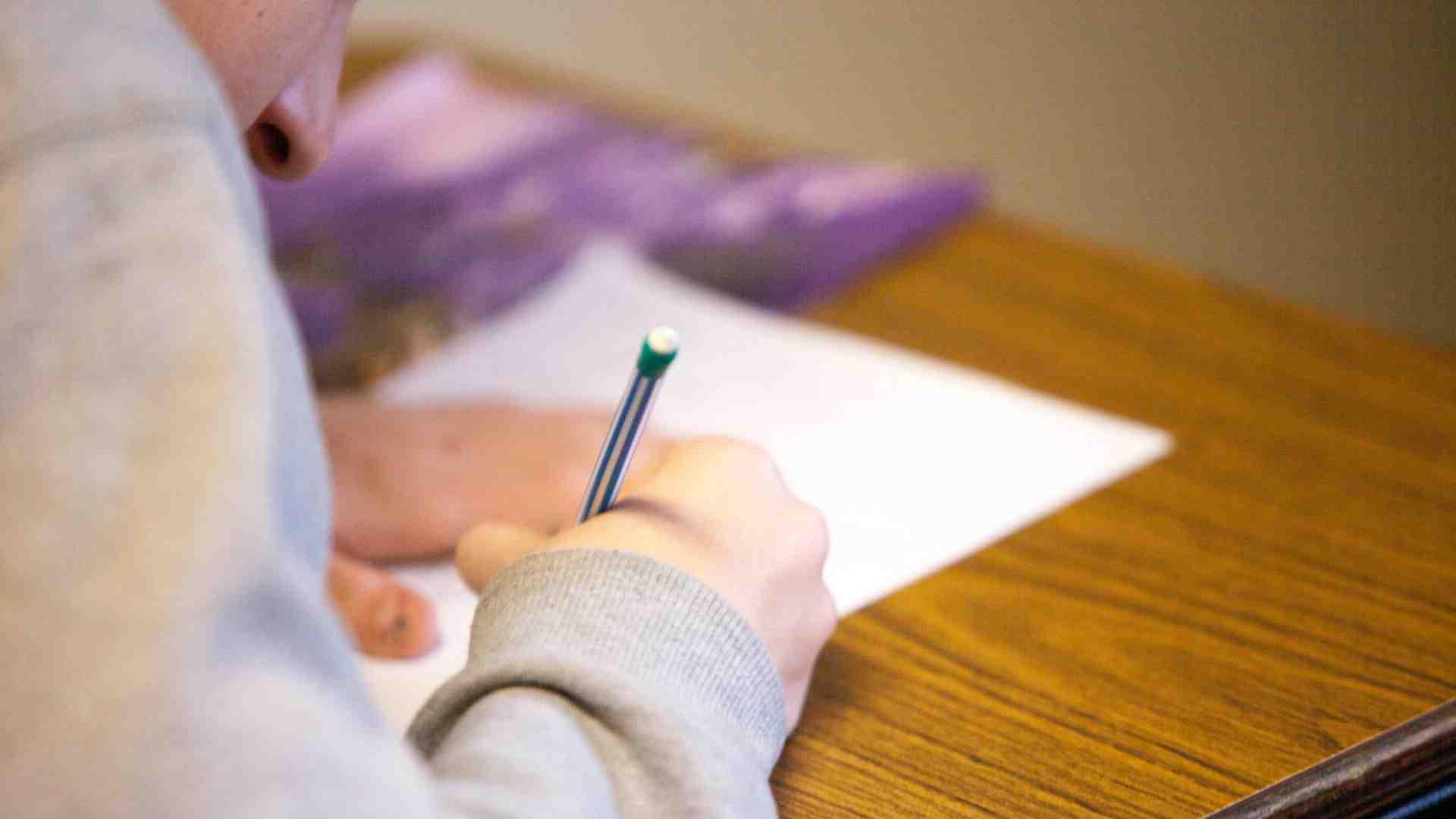
Dartmouth’s Dean of Admissions, Lee Coffin, cited a study conducted on undergraduate admission as the reason for the decision to reinstate standardized testing after a pause.
“While we paused during the pandemic without great care or consultation, I wanted to make sure that this next step was fully considered. So their report, which came back with a strong recommendation to reactivate [testing requirements], for me was an important proof point,” he told Inside Higher Ed.
What Are the Changes Announced?
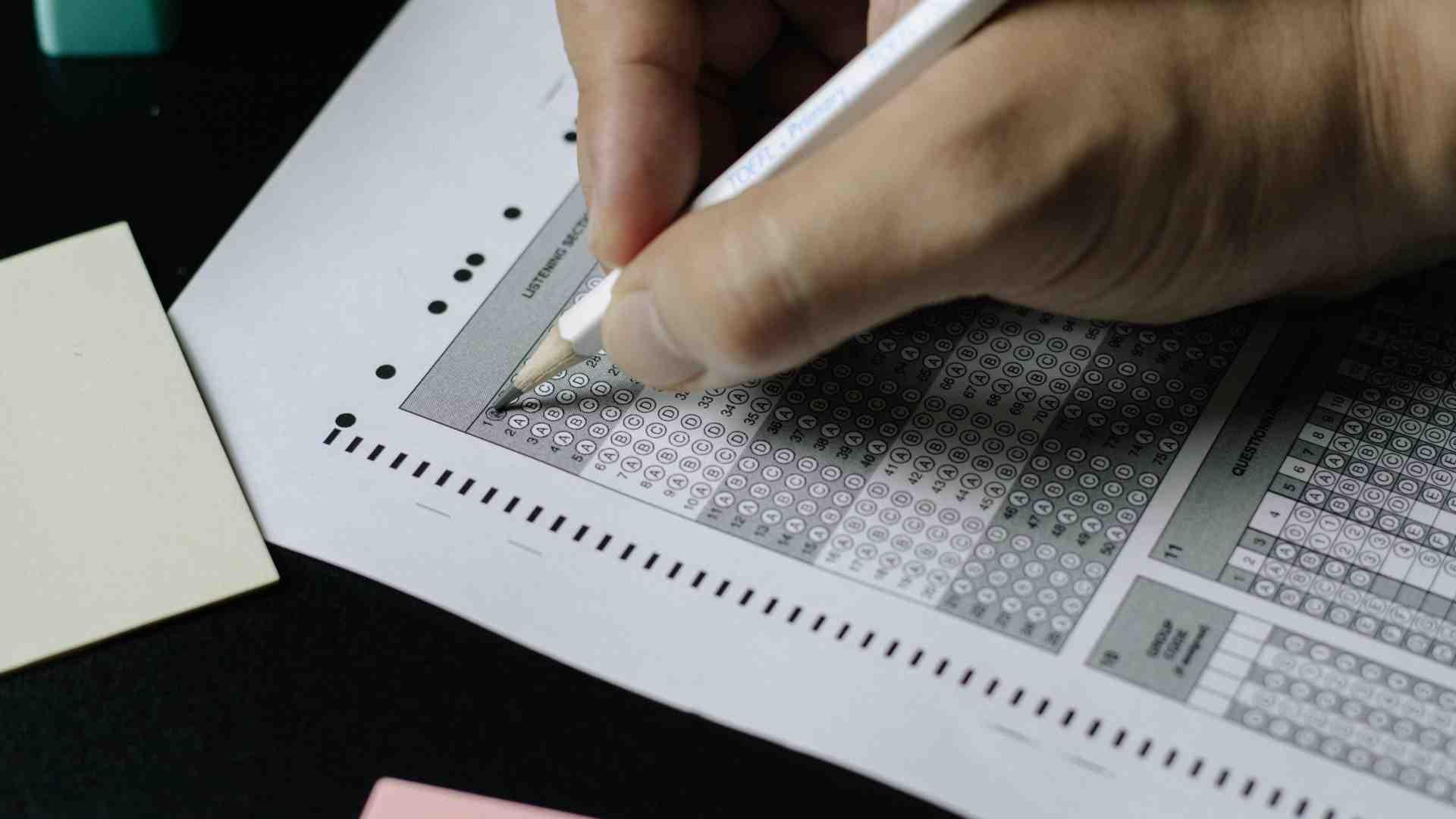
Instead of test scores being a voluntary part of the admissions process, as they have been in recent years, starting in 2029, they will be mandatory again. This means that applicants to Dartmouth must submit either an ACT or SAT score along with other admission requirements.
Dartmouth was originally the first Ivy League college to make test scores optional for admissions, which, at the time, was heralded as a hopeful step forward by diversity, equity, and inclusion (DEI) activists.
Why Are Standardized Tests Controversial?

Opponents of standardized testing accuse the act of requiring test scores to be discriminatory against people of color. They view it as a barrier that keeps certain minority groups from getting the same high-quality education that other groups in the country regularly get.
DEI activists have been pushing for colleges in the United States to rethink their testing requirements. Many hope to put an end to testing, which they feel would put people of color on a more even playing field.
A Racist Weapon
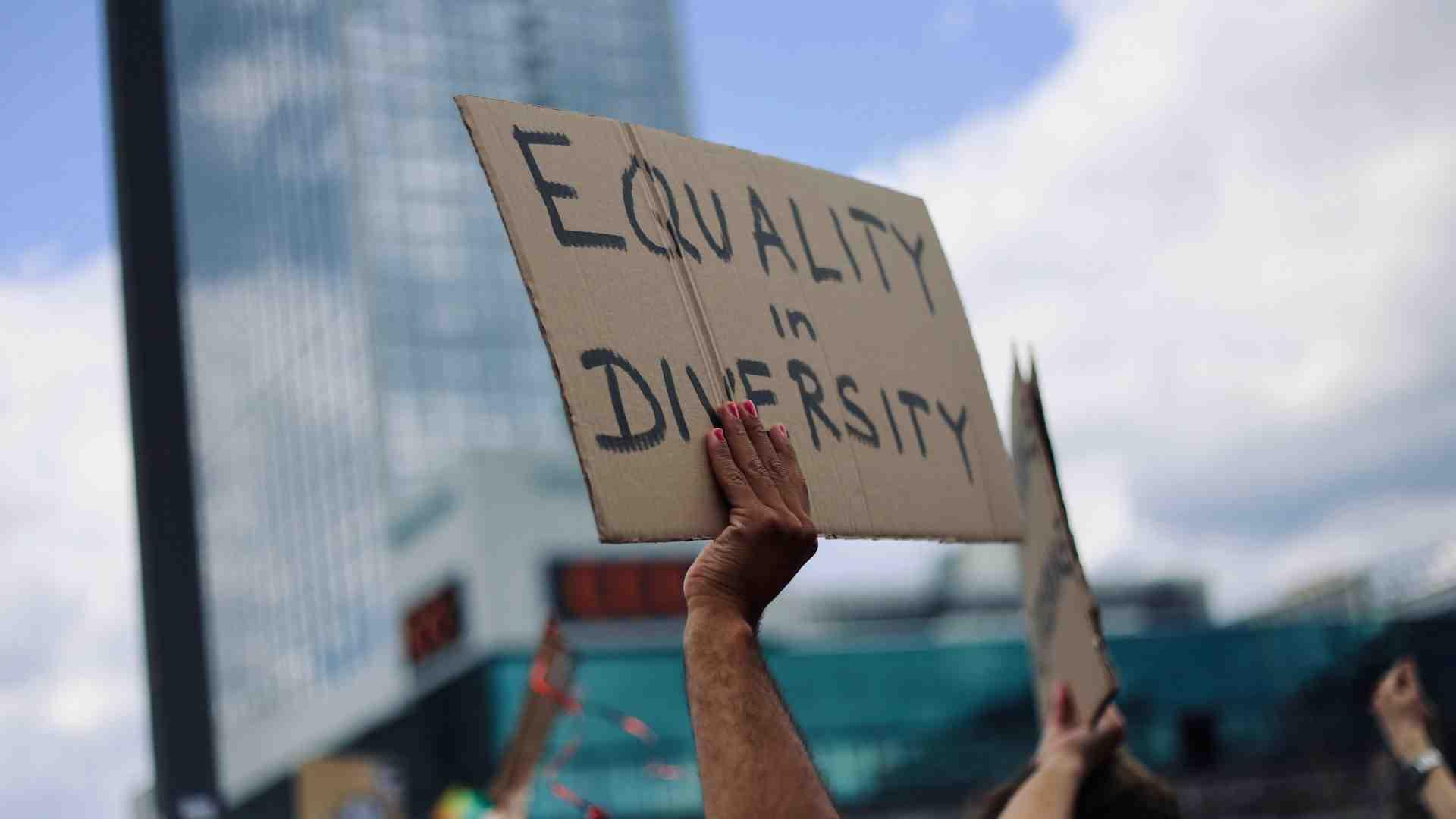
Ibram X Kendi, an activist and director for the Center for Anti-Racist Research at Boston University, once called the practice a “racist weapon” in a blog post.
“Standardized tests have become the most effective racist weapon ever devised to objectively degrade Black and Brown minds and legally exclude their bodies from prestigious schools,” she said.
What Do the Proponents of Standardized Testing Say?

Proponents of standardized testing say that the process creates better outcomes because it makes the admissions process more meritocratic. They argue there is only limited space in top universities, and those spots should be reserved for those who have demonstrated to be the best and brightest.
These proponents view the push to eliminate standardized testing as political in nature, prioritizing the feelings of activists over what is actually beneficial for these students.
What Caused the Original Dartmouth College Decision?
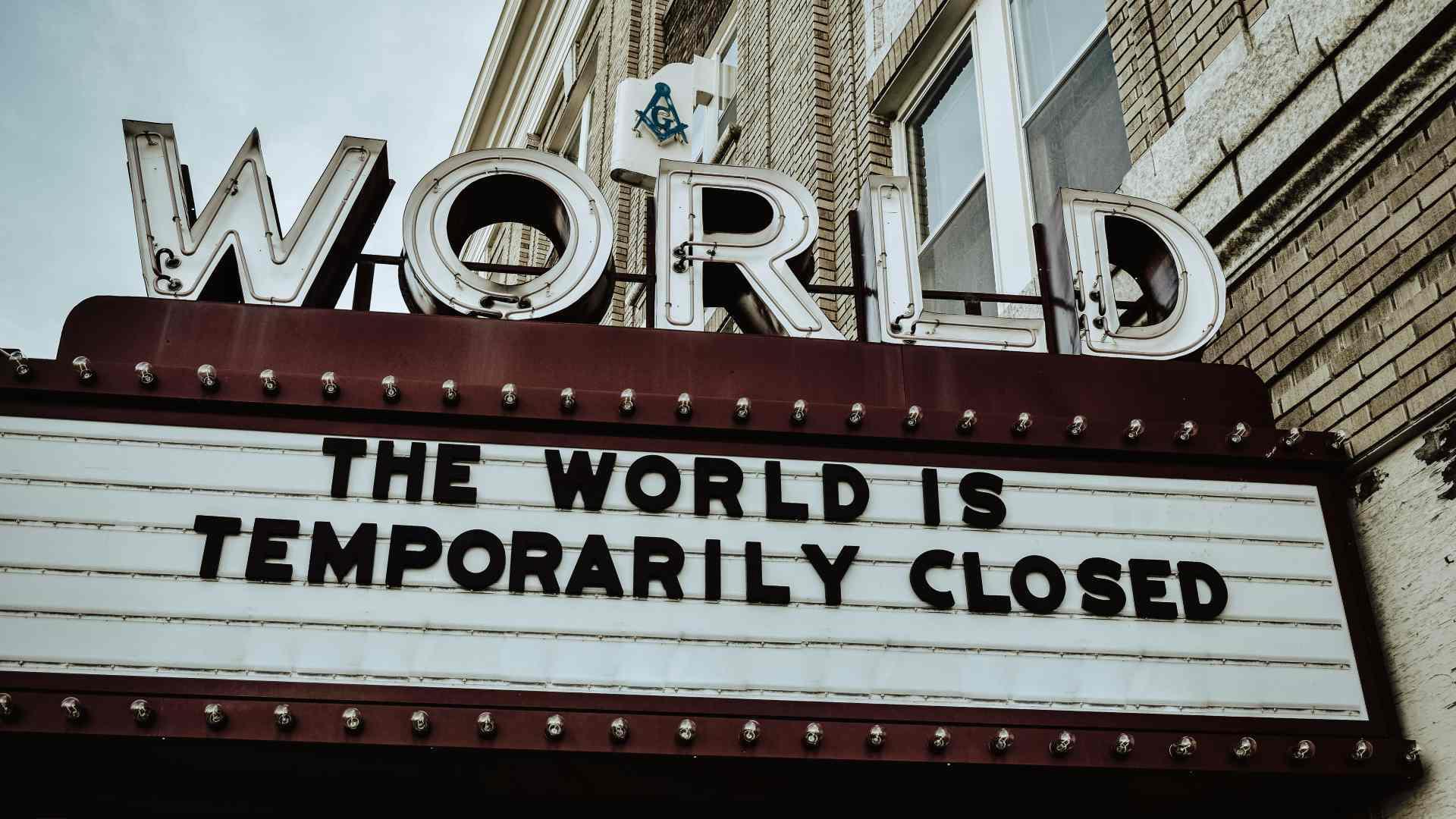
The COVID-19 pandemic had a huge impact on the college industry in 2020. Since the country was shutting down, colleges had to figure out how to still have classes when people could not meet in a physical space safely.
In the midst of this turmoil, Dartmouth decided to make admissions test-optional so students didn’t feel pressure to risk their health to sit in a classroom with other students taking a test, just to get admitted to college.
The Suspension of Mandatory Testing Was Originally Imagined as a Pause
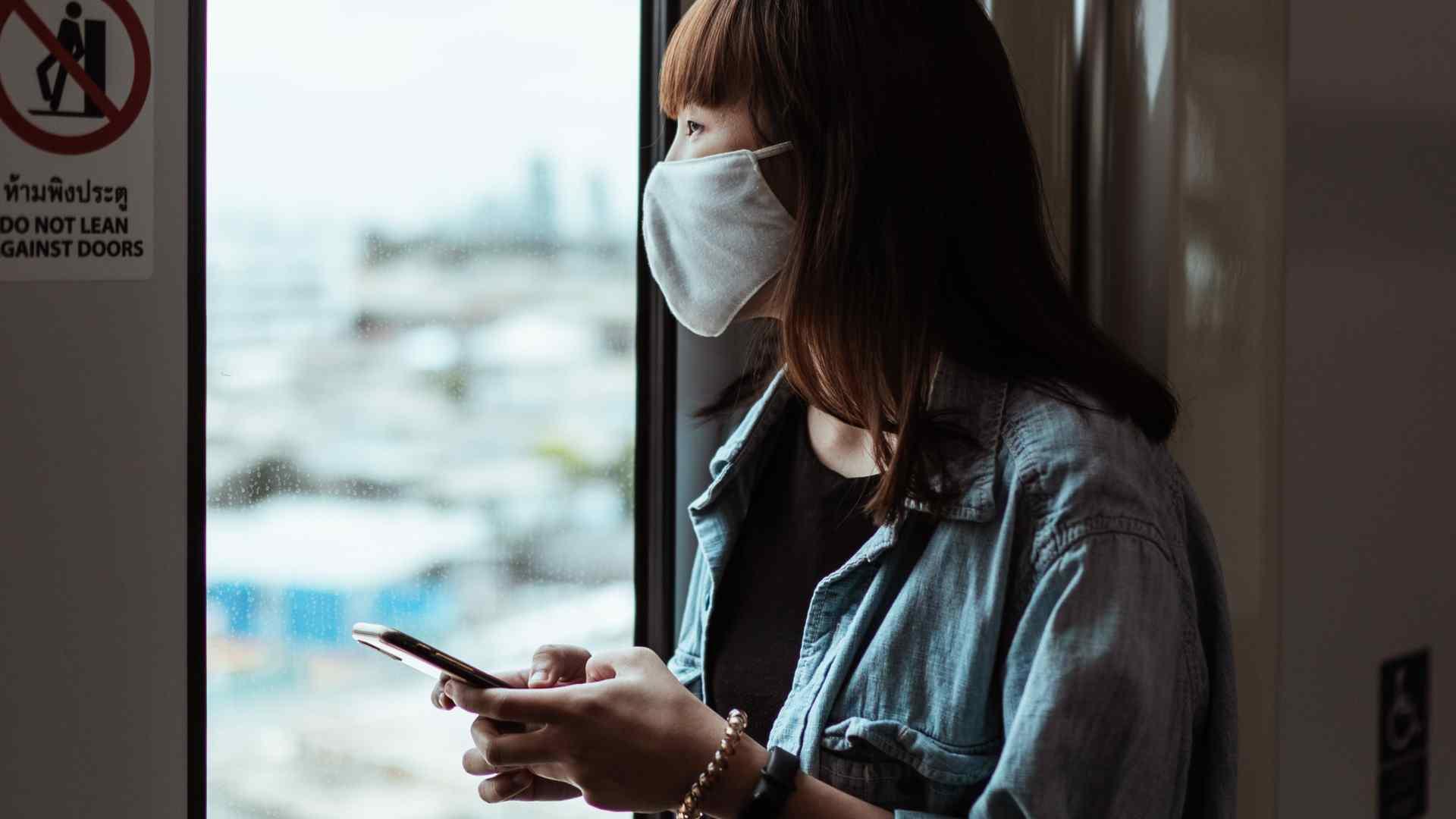
The original pause of testing was viewed as a strictly emergency measure by Dartmouth leadership. However, pressure from activist groups caused the school to continually extend the test-optional policy well beyond the pandemic.
Dartmouth leadership decided to take a neutral stance to testing, waiting for more data to come in about the benefits versus drawbacks.
What the Research Says

The study Dartmouth conducted that was cited by Coffin shows that SAT and ACT were much better predictors of academic performance than a high school GPA. Dartmouth was just relying on high school GPAs for their admissions process, but the data of their admissions show that reliance would hinder them from finding successful students.
This comes as a blow to anti-testing activists, who held up Dartmouth as a success story.
More Colleges Are Making Testing Optional

Despite many high schools still having their students take the ACT and SAT exams, many colleges are starting to drop standardized testing for students. The Wall Street Journal reported that nearly 2,000 colleges will be test-optional in 2024.
Anti-test activists view these numbers as a reason for hope and a silver lining to the rest of the consequences that came with the Covid pandemic.
Are Standardized Tests White Supremacy?

A Brooking Institute report published in 2020 found a correlation between SAT math scores and racial inequity metrics. It’s clear from the research that the results of testing reflect the racial disparities that play out in society.
However, more research needs to be done about the causal relationship between test scores and inequality. It’s not clear how much of the inequity is being driven by test scores, and throwing them away altogether may do more harm than good.
Could a Compromise Be Reached?

It’s possible there could be a form of testing that both sides could agree on. It’s clear from the research that inequity exists among groups of college students, but it’s also true that determining academic aptitude is extremely difficult without testing.
Some see the hastiness to eliminate testing as throwing the baby out with the bathwater. If objective measures of academic performance are eliminated without care, future generations of college students will only find themselves at campuses they struggle with.

